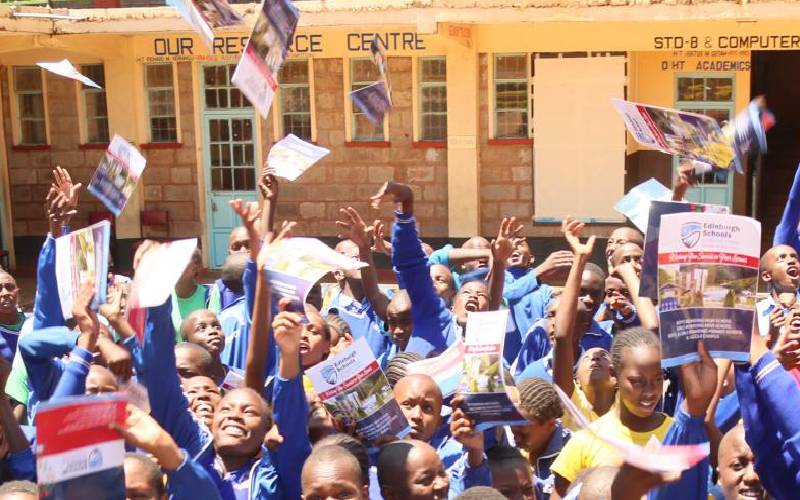×
The Standard e-Paper
Stay Informed, Even Offline

Thirteen-year-old Christine Nyansera’s delight at passing the 2019 KCPE examination is fast turning into hopelessness.
On Wednesday, when Education Cabinet Secretary George Magoha launches the Elimu Scholarship Programme 2020 – sponsored by the government, Equity Bank and World Bank – Nyansera’s name will not be among the 9,000 beneficiaries.